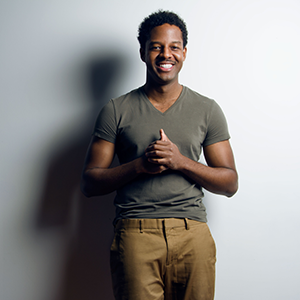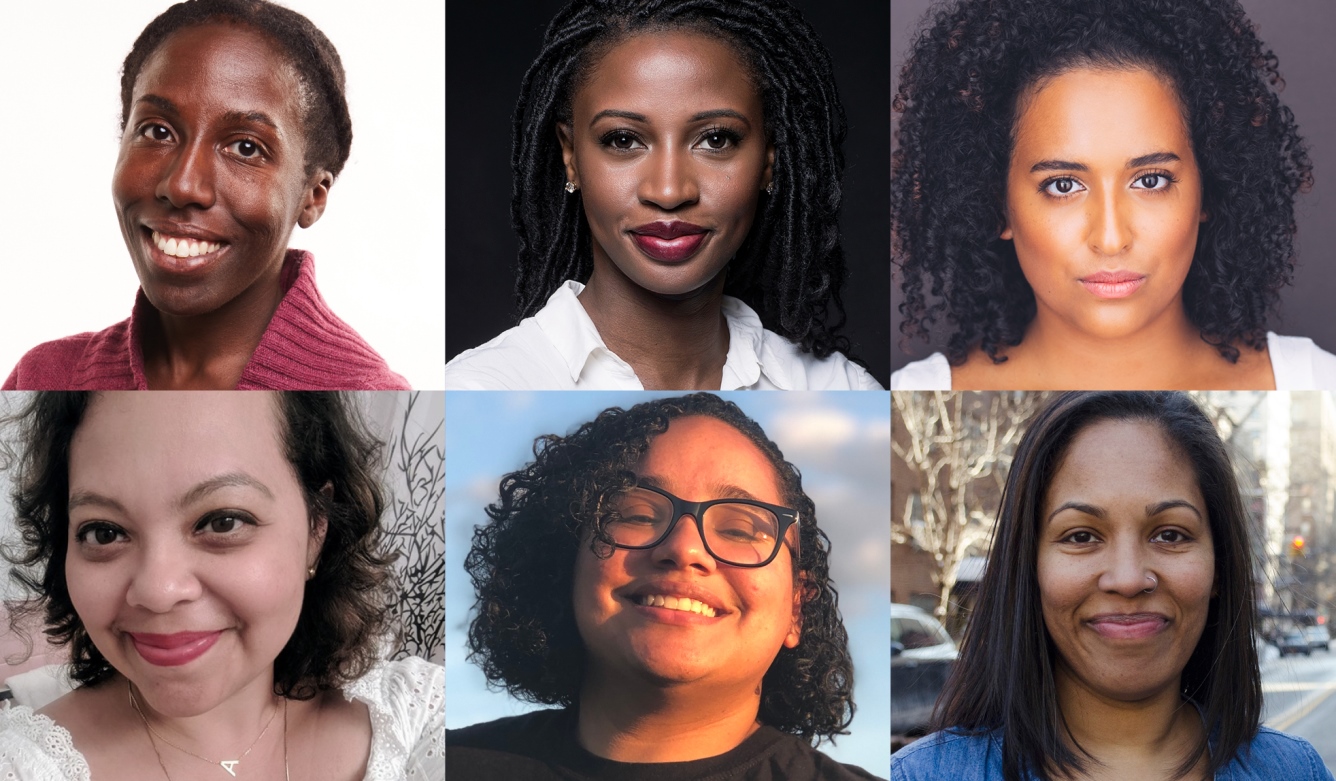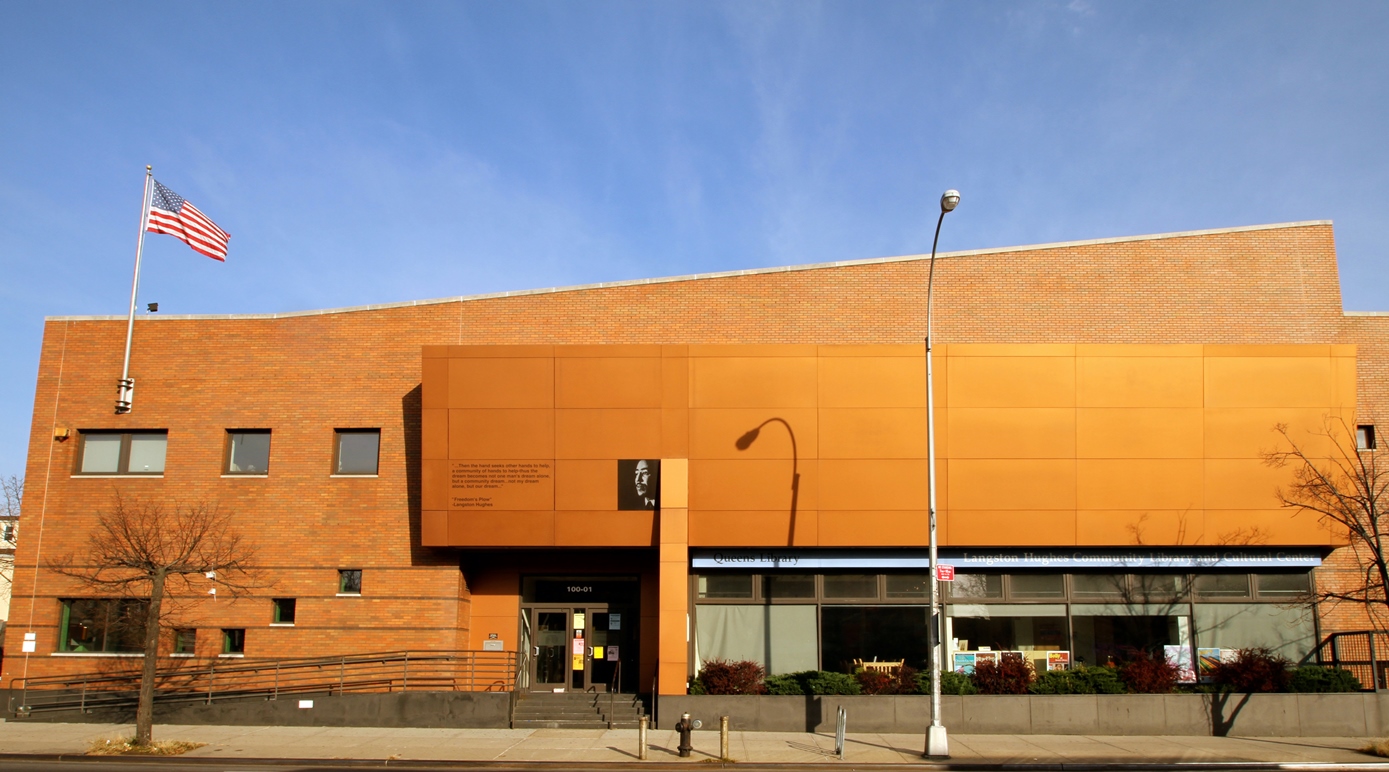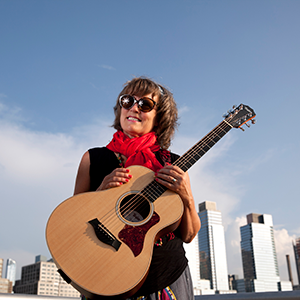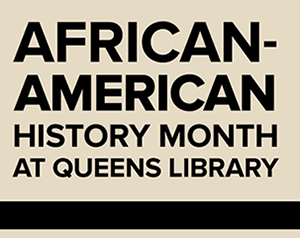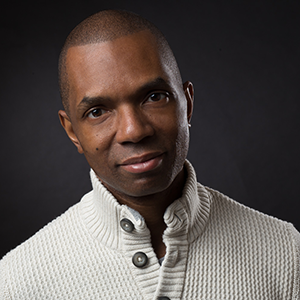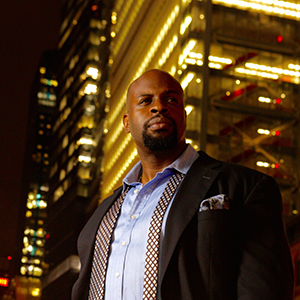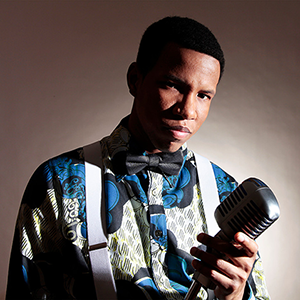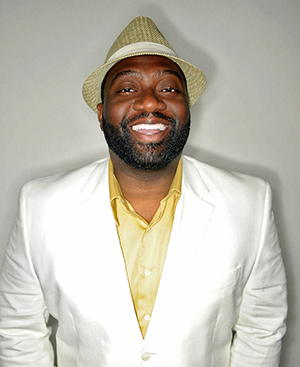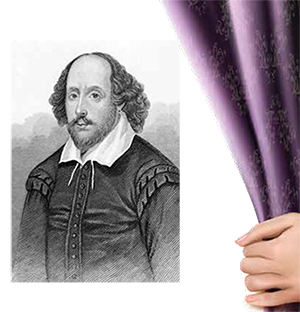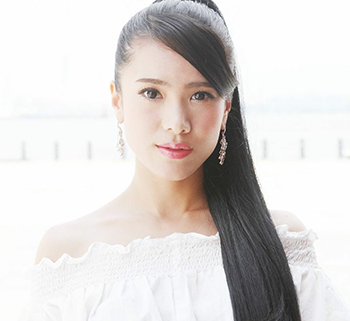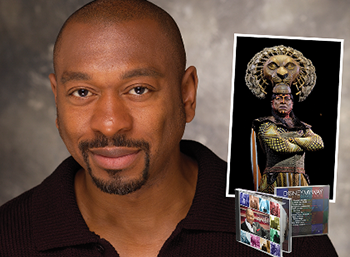We hope you’ll join us for our Culture Connection event A Spring Evening with Color Purple Broadway Star Joaquina Kalukango, on Thursday, April 6 at 6:30 p.m. at Central Library. Joaquina’s evening of songs and music will be directed by Charles Duke, a talented performer who has entertained us several times at the Library.
Charles Duke is an award-winning songwriter, music director, classically trained pianist, arranger, singer, and composer residing in Harlem. His work fuses jazz, soul, pop, and classical elements with engaging lyrical imagery. He has performed at Lincoln Center and held residencies throughout Manhattan. His arrangements have been performed on MSNBC. As a pianist, he has been regularly engaged at the Waldorf Astoria Hotel and Robert Restaurant at Columbus Circle. He has performed in the Off-Broadway hit musical Sleep No More and for the NYCLU’s Broadway Stands Up For Freedom. As a socially conscious artist, Charles has curated performing arts concerts raising thousands of dollars for the New York Civil Liberties Union and for arts education. He has produced and released four EPs and is currently working on his first album.
Charles was kind enough to answer some questions for us before his upcoming event.
What role have libraries played in your life?
Libraries have been central in my life from an early age. In elementary school, they represented the place for me to explore my creativity, imagination, and relationship with language. Throughout my education, the library has always represented and been a place of aspiration, knowledge, and access.
What can our customers expect at your upcoming event here at Queens Library? Are you excited to work with Joaquina Kalukango?
Everyone should come and see this show! Joaquina is a force, an immense talent, and her voice is simply stunning. And she's a wonderful person. I have enjoyed this process immensely. We happen to both be from Georgia and went to high school only miles apart.
Which performers and albums have inspired your career as a musician?
That's such a challenging question to answer. I would have to say The Miseducation of Lauryn Hill definitely had a profound impact on me from a philosophical and spiritual relationship to music. Most recently, Laura Mvula's album The Dreaming Room has deeply touched me and has been part of my life's soundtrack. Her combination of classical music with soulfully rich texture and heartfelt lyricism inspires me in my craft. And it's something I relate to with my writing process.
Speaking of your writing process, you wrote your own poetry before you began songwriting. Which do you think is easier? And do you still write poetry?
Honestly, now I think writing songs is much easier than writing poetry. Writing poetry was an important part of the process, though. I find now that, in my case, there are some things that I am able to express more deeply with a chord or a melody than with a word alone. With that said, in my writing process each word, even an article, holds importance. And yes, I still write poetry.
This is your fourth time joining us at Queens Library, and we’re glad to have you back! What are your favorite things about performing here?
My favorite things about Queens Library are the people, the community, and the Culture Connection programming that Dan Zaleski has curated. Dan is a unique individual in that he has been able to bring together people from diverse backgrounds to create and share, in community, their gifts and passions. New York City’s three public library systems, as a unit, continue to wow me. They provide instant access to some of the greatest minds, artists, writers, speakers, and content creators on a regular basis.
What are some of your favorite books and who are your favorite authors?
I read different books for different reasons, but these three, given my focus, are consistently on my top list—Q: The Autobiography of Quincy Jones, The Big Sea by Langston Hughes, and Their Eyes Were Watching God by Zora Neale Hurston.
Quincy Jones is legendary and a huge inspiration to me. I actually met him a few years ago here in New York City. The Big Sea was given to me as a gift shortly after I moved to Harlem. (“The Weary Blues” by Langston Hughes was one of the first poems I learned to recite in the fourth grade.) I felt like I was seeing New York City through his eyes. It made Langston a human being for me and not only a legend. The last paragraph of Their Eyes Were Watching God changed my life. Zora's use of language still hasn't let me go. It left me thinking, "My goodness, how rich can life be?" I hadn't known that type of power and transformation before, but I knew I wanted to have the kind of impact on someone through art that she, through language, had on me.
What advice do you have for someone who wants to be a professional musician?
My advice would be to study and learn your craft. Do music because you are passionate about it and because you have to. Create because that is what makes your soul come alive. The most poignant and beautiful and scary and thrilling advice I have ever received (it was echoed to me on three separate occasions before arriving in New York City) is to embrace the journey. Every performance is important and another chance to share with gratitude what you love doing with the world.

